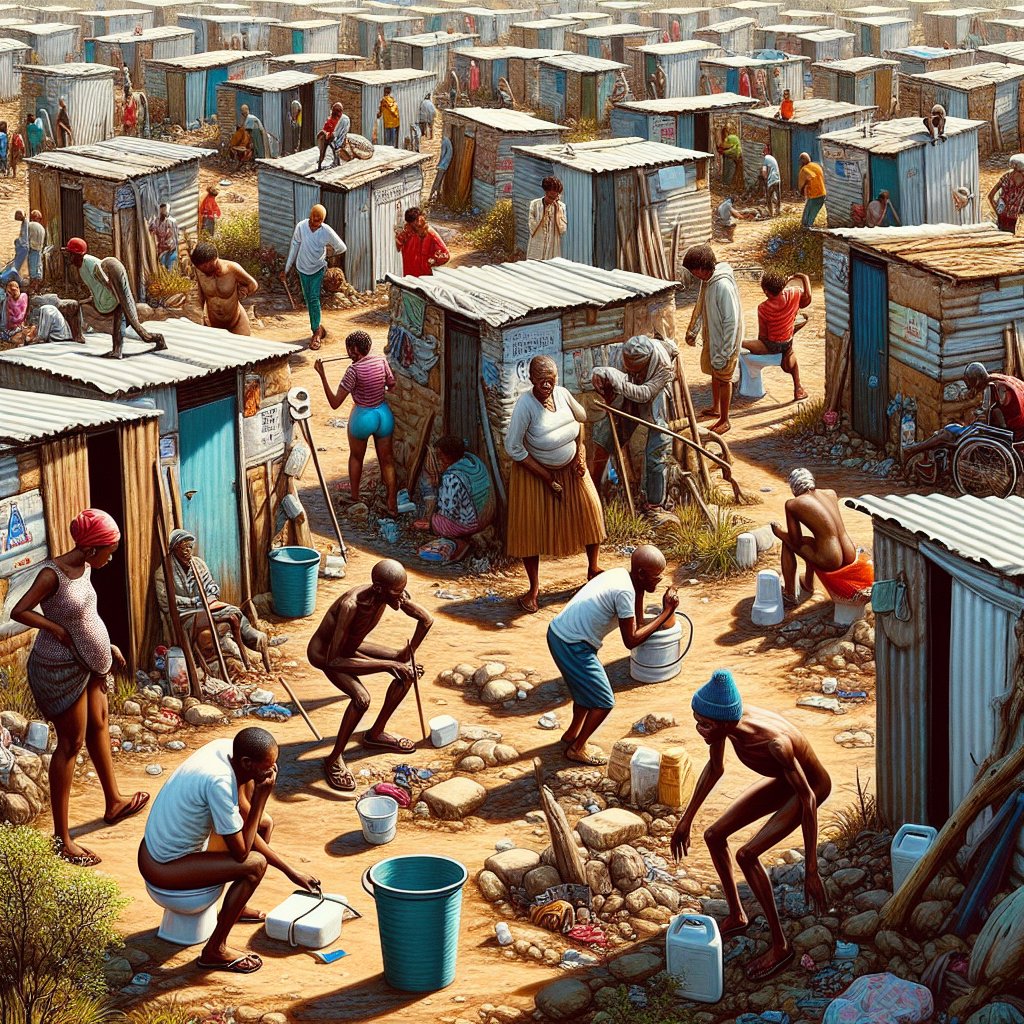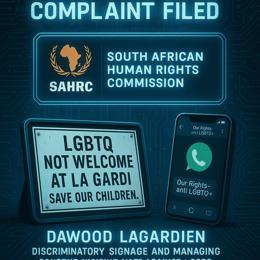Image: AI generated for illustration purposes
Unsanitary Conditions and Exploitation in Gauteng Informal Settlements
In a shocking development at the Emandleni Section I informal settlement in Gauteng, South Africa, residents have been coerced into paying R500 for the use of communal toilets. This mafia-style exploitation has been carried out by self-proclaimed local 'chiefs' who have taken control of the sanitation facilities provided by the municipality of Ekurhuleni. The improper allocation of these resources within the community has forced many to use the surrounding bushes or resort to bucket systems.
Community leader Sipho Kunene expressed his concerns, acknowledging his own reluctant compliance in paying the fee as a desperate measure to ensure accessibility to sanitary facilities for him and his neighbor. While a few communal toilets per street are in service, many are locked up, personally claimed by those who have paid the amount.
This predicament began approximately two years ago following the introduction of chemical toilets by the local municipality. Regrettably, reported instances of invasions and unauthorized shack constructions have further complicated the sanitation servicing providers' ability to maintain cleanliness and order which has exacerbated the crisis.
Records indicate that a sum of R3.3bn was spent by five municipalities including Ekurhuleni, which allocated R2.3bn for chemical toilet hire over five years. Despite such significant expenditure, residents like Solomon Thobakgale and Ntombenhle Shongwe still face the daily ordeal of seeking any available toilet at night, prioritizing safety for women, and finding hygienic options for children. The elderly members of the community are particularly affected by this distressing situation.
The City of Ekurhuleni, through its spokesperson Zweli Dlamini, denies any shortage claiming an improved ratio of one toilet per five families across its 119 recognized informal settlements. However, Dlamini does acknowledge that the issue of 'chiefs' owning toilets is of concern and the city is currently exploring more sustainable solutions to restore residents' dignity.
In a related issue, the Tshwane municipality spent over R190m on hiring chemical toilets for its 105 informal settlements in the past five years. Nevertheless, residents of Soul City informal settlement in Mamelodi East have yet to receive proper sanitation facilities, thereby turning to self-dug pit toilets. Their plight underscores the failure of local government in meeting basic human needs, as voiced by Harrison Mahlanga and Bongi Mahlangu who articulate the daily challenges and health hazards they face due to the unavailability and maintenance of toilets.
Facing criticism, Tshwane spokesperson Selby Bokaba conveyed that the budget for provision of chemical toilets is limited and not demand-driven. Invasions along the Moretele River have exacerbated the constraints on the city's resources, and warnings issued to invading residents have been ignored, further complicating efforts to provide for sanitation needs.
Emandleni's struggles highlight the broader issues of sanitation mismanagement and access reflective of various informally settled communities within Gauteng province. The issue at hand goes beyond mere inconvenience, positing severe implications for public health, safety, and human dignity.










